We treat patients suffering from a wide array of illnesses and health needs. Here you will find some of the main needs we see and what we do about them.
Discover the main crises we work in, the consequences faced by affected people and challenges in delivering care.
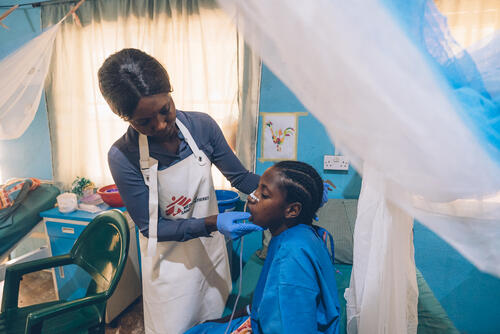
Neglected diseases
MSF teams treat a number of neglected diseases, including noma, Chagas, cutaneous leishmaniasis, in projects across the world.
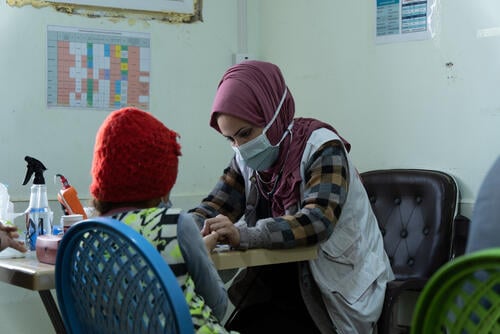
Non-communicable diseases
Non-communicable diseases are not transmitted from one person to another. One could cite the cardiovascular diseases (cardiovascular or cerebrovascular accidents), cancers, chronic respiratory diseases (such as chronic obstructive pulmonary disease (COPD) or asthma) and diabetes.
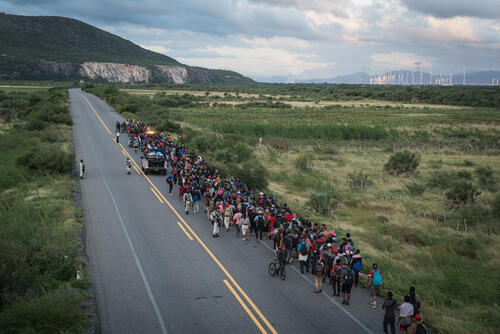
Refugees, IDPs and people on the move
There are many reasons for flight, including war, persecution, conflict, natural disaster, destitution and repression. With health and well-being jeopardised, the lives of the most vulnerable can be at risk.
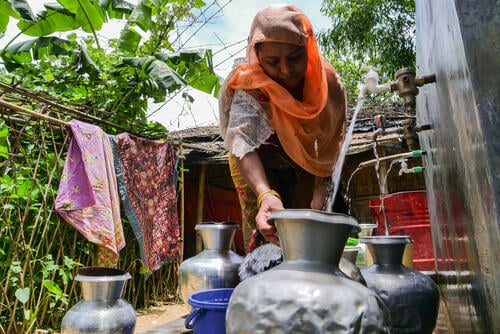
Rohingya refugee crisis
Legally stateless, with very limited options or rights in any country where they have sought refuge, the Rohingya are extremely vulnerable.
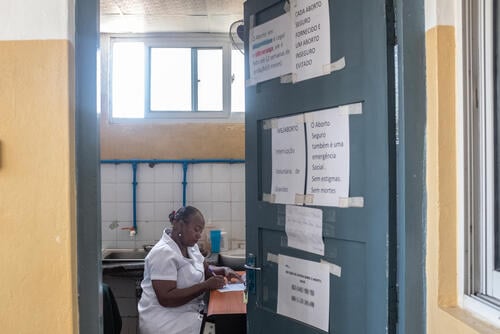
Safe abortion care
MSF is committed to providing safe abortion care to reduce avoidable suffering and deaths. Every minute, a woman or girl has an unsafe abortion. .
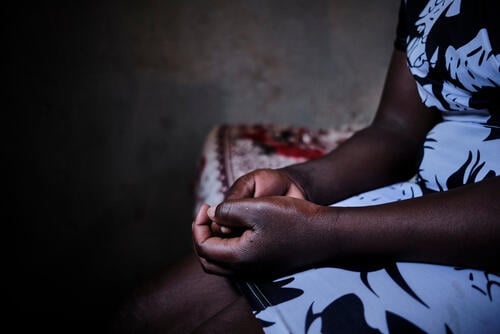
Sexual violence
Sexual violence affects millions of people, brutally shattering the lives of women, men and children. It is a medical emergency, but there is often a dire lack of healthcare services for victims.
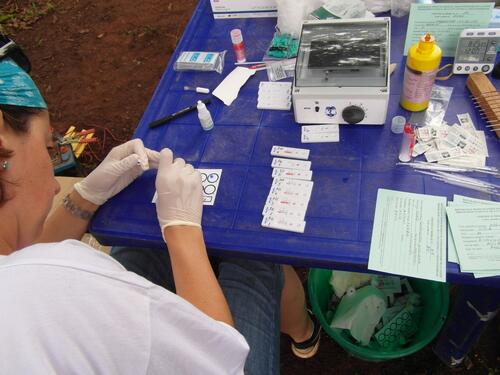
Sleeping sickness
Sleeping sickness, or human African trypanosomiasis, is a neglected tropical disease. It is a potentially fatal parasitic infection which attacks the body’s central nervous system, causing severe neurological conditions.
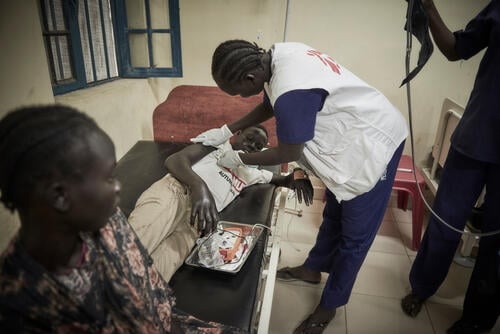
Snakebite
Snakebite is a hidden health crisis. Every year, an estimated 2.7 million people are bitten by venomous snakes, resulting in death for more than 100,000 people and life-long disfigurement and disability for 400,000 more.
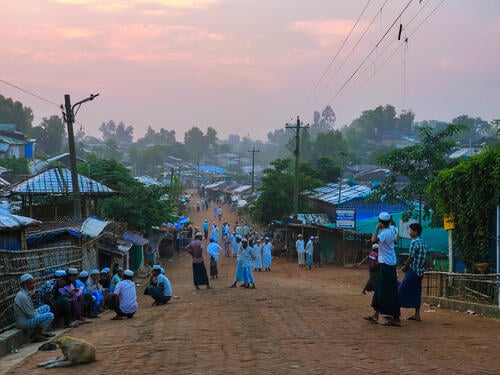
Social violence and exclusion
Many people are unable to access healthcare simply because of who they are. They may be afraid to seek help, or are excluded because they are forced to live outside of mainstream societal bounds.
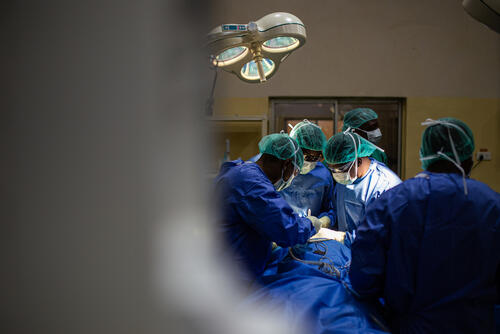
Surgery & trauma care
Médecins Sans Frontières has been providing surgical care for people in precarious contexts for decades.
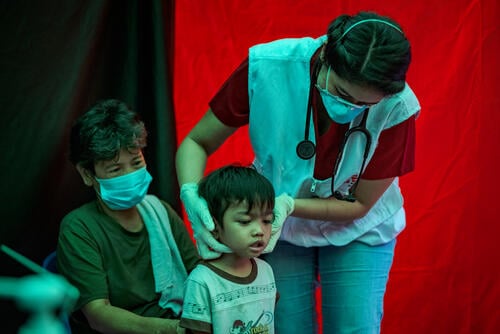
TACTiC – Test, Avoid, Cure Tuberculosis in Children
Tuberculosis affects over 1 million children per year; 200,000 of them die. The TACTiC project – Test, Avoid, Cure Tuberculosis in Children - is a multifaceted project led by Médecins Sans Frontières (MSF) to reduce deaths from TB in children through treatment and preventive treatment.

Tuberculosis
Tuberculosis (TB) is one of the world’s biggest global health crises. Killing 1.3 million people in 2022 TB is the world’s second deadliest infectious disease after COVID-19 (WHO).
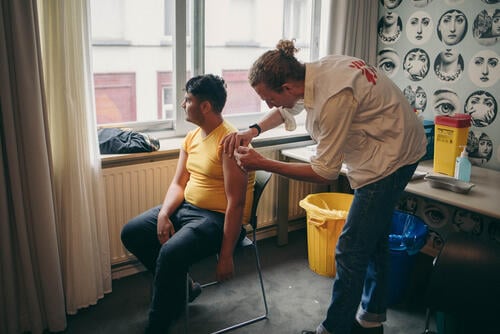
Vaccination
MSF teams vaccinate millions of people every year, either as part of routine vaccination, or in response to an outbreak of disease.

War and conflict
More than one third of our humanitarian and medical assistance is for people affected by armed conflict.
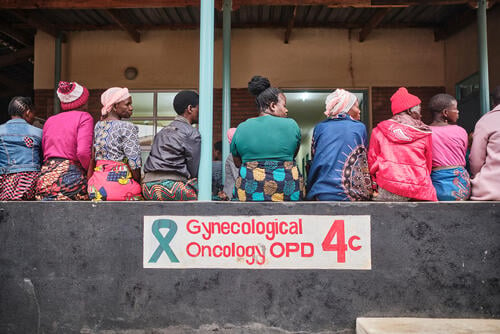
Women's health
An estimated 99 per cent of women who die in childbirth or from pregnancy-related complications live in developing countries. Most of these deaths are preventable.
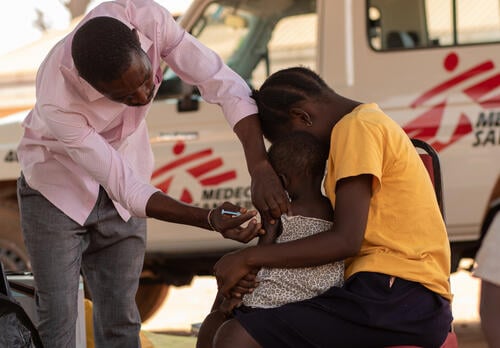
Yellow fever
Yellow fever can be prevented with a vaccine, yet it's a disease that claims the lives of an estimated 30,000 - 60,000 people each year.

Independent medical humanitarian assistance
We provide medical assistance to people affected by conflict, epidemics, disasters, or exclusion from healthcare. Our teams are made up of tens of thousands of health professionals, logistic and administrative staff - most of them hired locally. Our actions are guided by medical ethics and the principles of independence and impartiality. We are a non-profit, self-governed, member-based organisation.
Learn more

